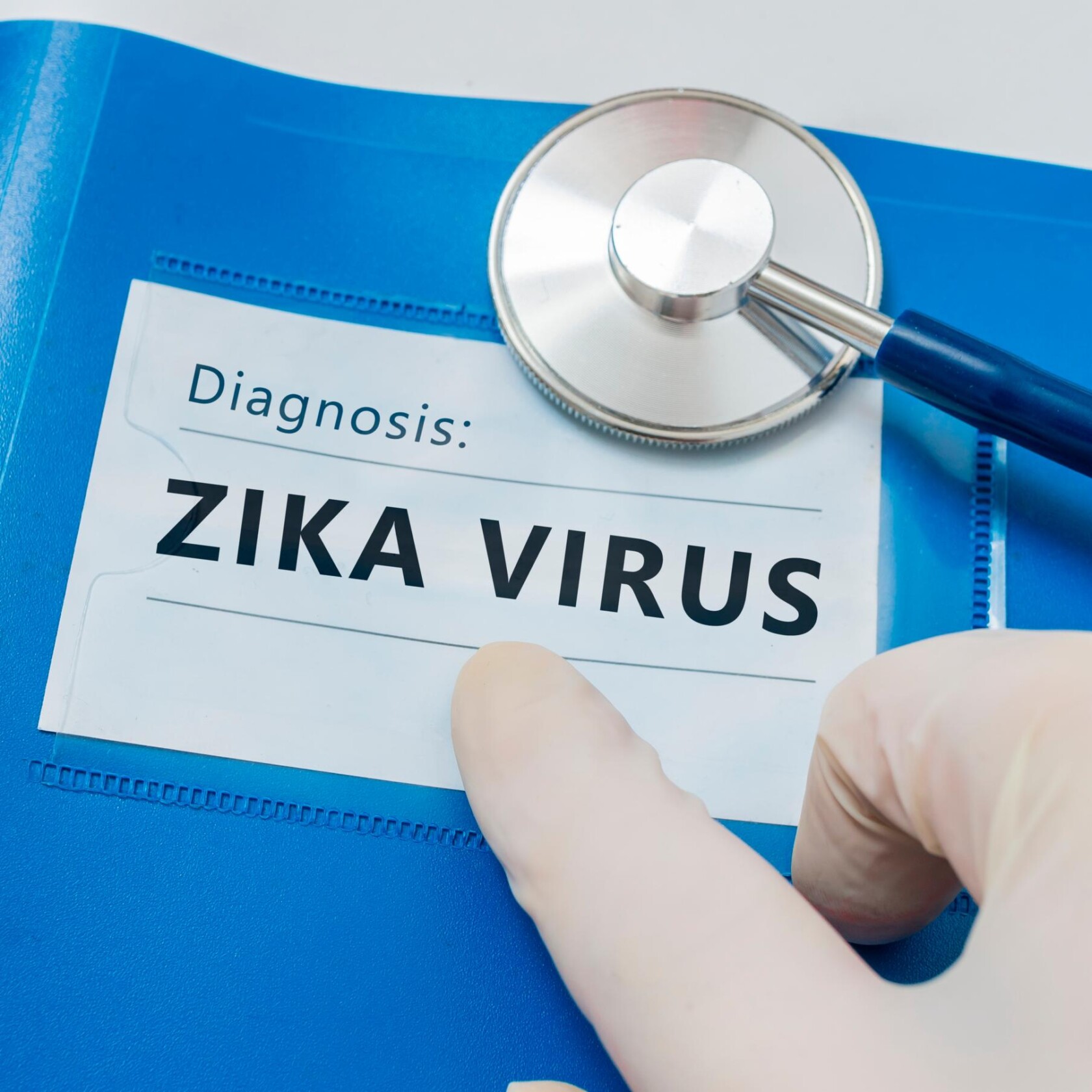
If you are reading this from one of the 3,141 counties in the continental United States that has not yet been affected by the Zika virus, do not turn away. There is valuable information here for employers, even if you do not have an office in Miami or are not planning a vacation in Puerto Rico. Before it is too late, employers should be aware of the legal risks and establish a plan to protect employees and your company.
What is Zika and if I am not a Woman of Childbearing Age, Should I Care?
The answer is yes, of course, employers should care. One in five people who are infected with the Zika virus develop symptoms within two to seven days of being bitten by the infected mosquito. The good news is that four out of five of those bitten will not even know they have it. Symptoms for the unlucky 20 percent include fever, rash, joint pain, or pink eye. It also is rare when anyone who becomes symptomatic needs hospital treatment or dies. Symptoms only last a few days to a week.
As we have all read, the biggest potential problem is that a Zika infection during pregnancy can lead to a birth defect of the brain called microcephaly, as well as other severe brain defects. Additionally, those who are infected can pass the virus on to their sexual partners.
Some Basic Facts Employers Need To Know
Zika virus is spread in the United States by the Aedes species of mosquito which can also carry such horrible-sounding viruses as chikungunya, Japanese encephalitis, dengue, and West Nile. The mosquitos that carry these nasty viruses have been found throughout the Southeast and Southwest United States. Unlike other types of mosquitos, they are active during the daytime when most of your employees are out and about.
What’s an Employer to Do?
- Learn all the facts about Zika. The best place to start is the Centers for Disease Control and Prevention (CDC) website.
- Know where your employees are going and what they are doing. While your place of business may not be in one of the few Zika hot zones, your employees may need to go to one. Zika is not just in Miami and Puerto Rico. If employees do need to go, make sure they receive appropriate education regarding proper prevention. Currently there is no vaccine to prevent Zika but there are things people can do to protect themselves from becoming infected with the virus.
What are the Legal Issues for Employers?
- Under the Occupational Safety and Health Administration (OSHA), every employer has a general duty to provide its employees with a place of employment that is not causing or likely to cause death or serious physical harm to employees. Work-related travel would be covered under the ambit of “place of employment.” OSHA does care about Zika and in fact has issued interim guidance for employers.
- Employees who become infected and symptomatic while on the job would likely be entitled to workers compensation benefits for needed medical treatment and lost wages, if they can demonstrate they were infected in the course and scope of employment. Any employers who have employees working outside in areas where the carrying mosquito is present need to carefully review this guidance.
- Unlawful retaliation. A woman of childbearing age or her sexual partner who reasonably refuses an assignment to a Zika hot zone and is disciplined for that refusal could raise a claim of unlawful retaliation. Employers need to and should be reasonable and flexible. For example, Today show anchor Savannah Guthrie publicly declared that she would not travel to Rio to cover the Olympics because she was pregnant.
- Do not live your worst nightmare: An employee gives birth to a baby afflicted with microcephaly, tries to claim it is work-related and files claims against you. Take reasonable steps now.
In addition to the CDC and OSHA websites, there are a number of web-based resources available that provide sound scientific-based information. Today it is Zika; tomorrow it could be chikungunya. Employers need to stay attuned, perform risk assessments and develop plans so that each time there is a new threat to health and public safety your company does not have to start from scratch to ensure your workers are protected.
